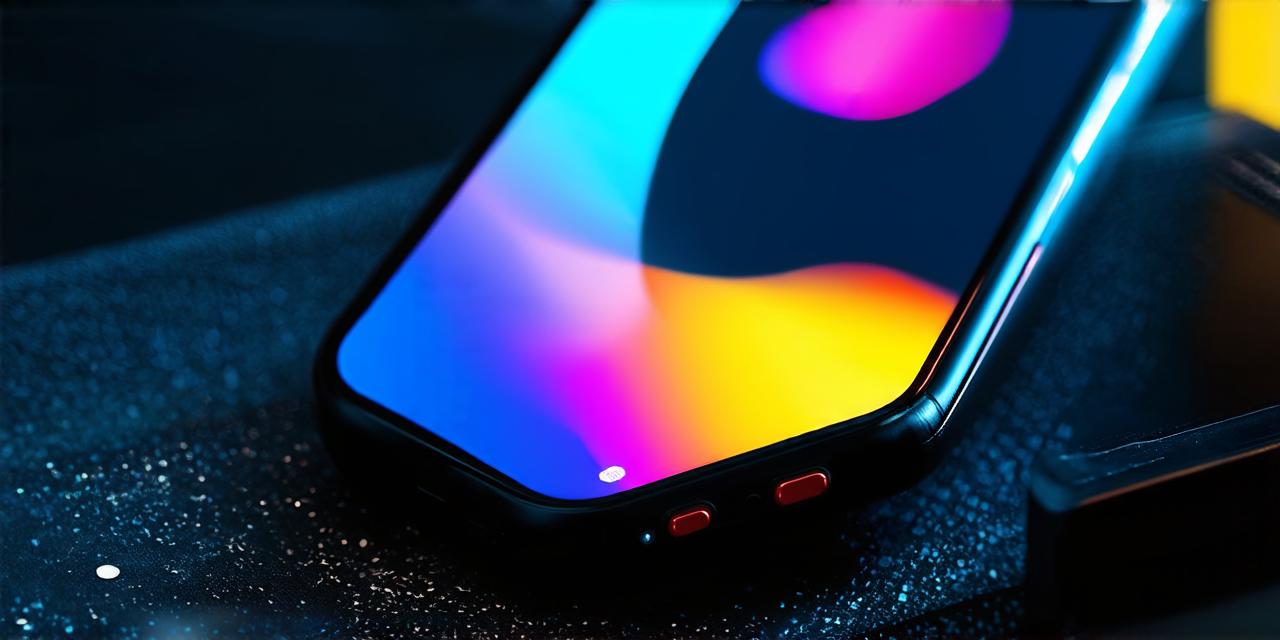How to Create a Successful Mobile App for Your Business?
As a business owner, you may have considered creating a mobile app to reach a wider audience and increase engagement with your brand. But with the growing number of mobile apps available in the market, standing out can be challenging. In this article, we will guide you through the process of creating a successful mobile app for your business, including research, planning, development, marketing, and evaluation.
1. Research
The first step in creating a successful mobile app is to conduct extensive research on your target audience, their needs and preferences, and the market trends. This will help you identify gaps in the market and create an app that meets the needs of your customers.
Some of the research methods that you can use include surveys, interviews, focus groups, competitor analysis, and market research reports.
Case Study: Glossier
Glossier, a popular beauty brand, launched its mobile app, My Beauty Box, in 2019. The app allowed customers to browse products, save items for later, and order them directly from the app. The app was successful due to its simplicity, user-friendliness, and personalization.
Glossier conducted extensive research on its target audience before launching the app, which helped it identify the features and functionalities that would resonate with customers.
2. Planning
Once you have completed your research, the next step is to plan the development of your app. This includes defining the scope of the app, identifying the features and functionalities that will be included, creating a timeline, and developing a budget.
It’s essential to keep in mind that an app should be scalable, meaning that it can grow with your business over time.
Case Study: Uber
Uber, the ride-hailing giant, launched its mobile app in 2010. The app was successful due to its simplicity, convenience, and affordability. Uber’s founders spent several months planning the development of the app, which included defining the scope of the app, identifying the features and functionalities that would be included, creating a timeline, and developing a budget.
They also made sure that the app was scalable, which allowed it to grow with their business over time.
3. Development
The development process is the most critical phase of creating an app. It includes designing the user interface, coding the app, testing it, and launching it on the app stores.
The development process can be complex, so it’s essential to hire a team of experienced developers who specialize in mobile app development.
Case Study: Instagram
Instagram, one of the world’s most popular photo-sharing apps, was launched in 2010. The app was successful due to its simplicity, convenience, and creativity. The development process of Instagram involved several stages, including designing the user interface, coding the app, testing it, and launching it on the app stores.
The team behind Instagram had extensive experience in mobile app development, which helped them create an app that was both beautiful and functional.
4. Marketing
Marketing your app is critical to its success. It involves creating a marketing plan, developing a content strategy, running social media campaigns, and leveraging influencers and partnerships.
Marketing your app can be challenging, so it’s essential to have a clear understanding of your target audience and their needs.
Case Study: Headspace
Headspace, a meditation and mindfulness app, was launched in 2015. The app was successful due to its simplicity, convenience, and personalization. Headspace’s marketing strategy involved several stages, including creating a marketing plan, developing a content strategy, running social media campaigns, and leveraging influencers and partnerships.
They also offered a free trial to encourage users to try the app and become loyal customers.
5. Evaluation
Once your app is launched, it’s essential to evaluate its performance regularly. This includes tracking user engagement, analyzing user feedback, and conducting A/B testing.
By evaluating your app, you can identify areas of improvement and make changes that will increase user engagement and satisfaction.
FAQs:
1. How much does it cost to develop a mobile app?
The cost of developing a mobile app depends on several factors, including the complexity of the app, the team of developers, and the app stores where it will be launched.
According to a report by Clutch, the average cost of developing an app ranges from $10,000 to $50,000.
2. How long does it take to develop a mobile app?
The time it takes to develop a mobile app depends on several factors, including the complexity of the app, the team of developers, and the app stores where it will be launched.
According to a report by Clutch, the average time it takes to develop an app ranges from 3 months to a year.
3. What are some key features that every successful mobile app should have?
Some key features that every successful mobile app should have include simplicity, convenience, personalization, scalability, and user engagement.
These features can be achieved by conducting extensive research on your target audience and creating an app that meets their needs and preferences.
4. How do I market my mobile app?
Marketing your app involves several stages, including creating a marketing plan, developing a content strategy, running social media campaigns, and leveraging influencers and partnerships.
It’s essential to have a clear understanding of your target audience and their needs to create an effective marketing campaign.
5. How do I evaluate the performance of my mobile app?
Evaluating the performance of your app involves tracking user engagement, analyzing user feedback, and conducting A/B testing.
By evaluating your app regularly, you can identify areas of improvement and make changes that will increase user engagement and satisfaction.
